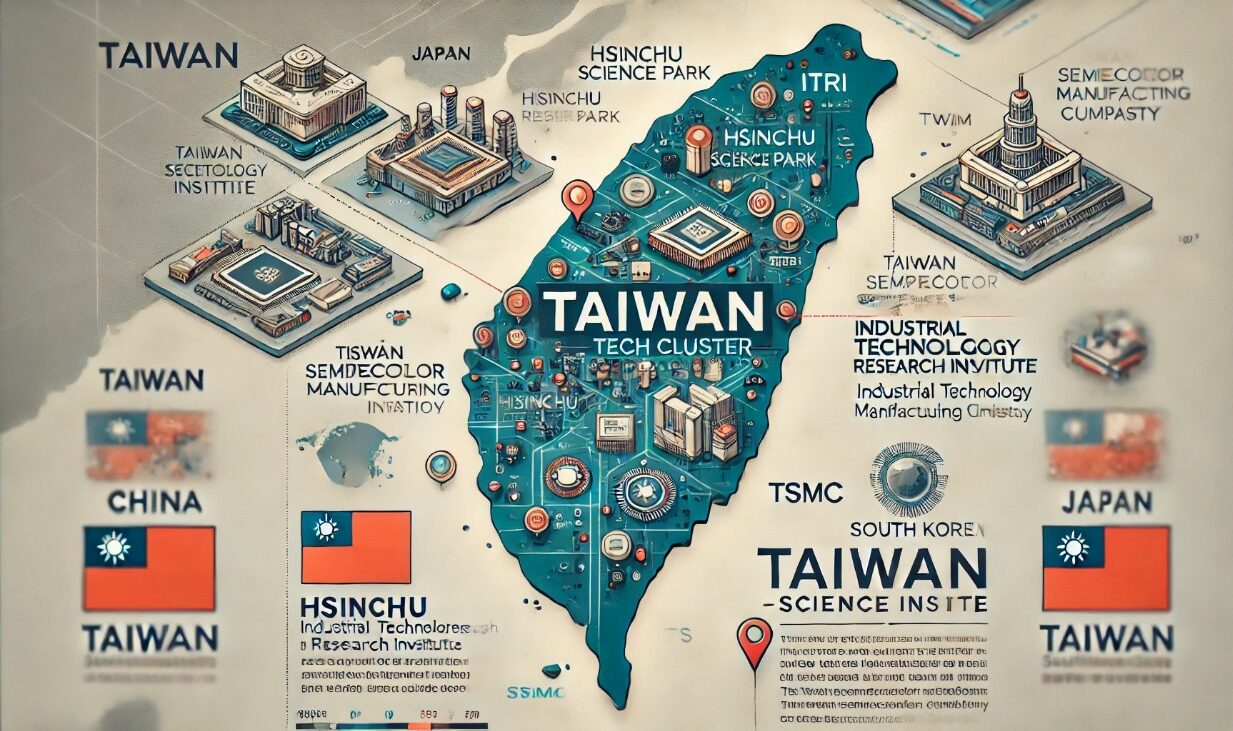The Secretary of State Antony Blinken will visit China where he will talk with his Chinese hosts about the many issues between United States and China. In particular the talks happens in a particular year for both countries and also for the whole world, in a context of low economic growth.
In this article the most important issues between China and United States will be considered and also the implications for the future of their relation and for the whole world.
First, the visit will follow the meeting in person that President Xi Jinping and Joe Biden held in Indonesia during the G20 summit last November. It was their first meeting as leaders of their countries. At this meeting it was announced that Secretary of State Blinken will visit China during the first months of 2023.
The visit will happen in a moment when the world economy is in a difficult situation. According to the IMF, there is a probability that in this year 2023, of the three engines of world economy, two will experiment zero or negative growth. In Europe economic growth could be negative because, among other things, the war in Ukraine increased price of energy and food, and inflation is putting a pressure in the economy. Also, in United States the fight against inflations has increased interest rates and this is also putting a drag in economic growth with some projections pointing to a zero growth in its economy. The only engine that could move the world economy is China, but this country is also facing some challenges, among them, the normalization after the dismantling of its zero covid-19 policy.
Second, of the several issues among both countries one of the most difficult to resolve is the trade war that began during Trump Presidency in 2018, when U.S. imposed several rounds of tariffs in Chinese goods. China reciprocated in kind, and the increase in tariffs in both sides are still there. In January 2020 an agreement between both parts was reached to try to address some of the complaints of United States against the big trade deficit that it has with China, but then the COVID-19 pandemics occurred, and that agreement and its compliance was put on hold. There are no expectations that during Blinken visit to Beijing an agreement could be reached in this issue. One reason for this is that with the campaign for Presidential election in United States coming very soon, there is no mood for a compromise in the White House because if it does it will be accused by the Republican party of showing weakness against China. Besides this, in the political establishment of United States, where there are many differences between Republican and Democrats, the mood against China is quite strong, and both parties agree on that.
Third, the trade war that United States began against China has been transformed in a technological war. The fact is that, as United States has put it, there is a competition in course between China and United States. For United States, China in the only country that can challenge its economic, technological, and military supremacy, and it has indicated that will not allow that to happen.
In October last year United States took more measures to avoid China access to high technology in semiconductors. The aim is to exclude China from the global supply chains producing semiconductors. For this United States is also enlisting the support of South Korea, Japan, the Netherlands, and Taiwan. And in this regard the technological war/competition will continue.
Fourth, regarding the issue of Taiwan, where the visit by high-ranking officers of the United States government prompted China response and raised alarms about even a possible military confrontations between both superpowers, the stances of both countries will be reaffirmed. China regards Taiwan as one of its core issues and is against foreign intervention in its internal affairs but United States will reaffirm its “one China policy”.
Fifth, another issue is what the United States see as the growing presence of China in the South China Sea, and the possibility of dangerous encounters of their navy and warplanes in that area. As United States execute what it calls “freedom of navigations operation” in islands or atolls that China regards as its territory, the possibility of an unintended military clash can happen. Both countries will surely establish mechanisms to try to avoid that, but the situation could/will remain tense.
Sixth, another issue that United States will raise to China is the war in Ukraine. China and Russia have what they called last February “no limits partnership”, and surely Russia was expecting China’s support in its invasion of Ukraine. China have not done that and surely will not do. It should not be in China interest to give support, either military or economic to Russia, among other reasons, because economic sanctions will befall on China.
United States will look for more assurances on the part of China in that position but also will ask China to exert its influence in Russia to find a prompt solution to the war in Ukraine. At least China and United States both agreed in the G20 summit that the use or threat of use of nuclear weapons in Ukraine (as Putin mentioned) is unacceptable.
Seventh, the issue of North Korea and its growing sophistication regarding the launching of its ballistic missiles is also a concern for the United States. Probably China is the only country that can exert some influence in North Korea, as it is the only country with which can trade and most imported goods available in North Korea come through China.
United States will pressure China to exerts its influence on North Korea. United States will present the case as something in China own interests, as the growing sophistication of North Korea menace is forcing countries like South Korea and Japan to increase their military budgets and modernize its military. A growing military race is happening in East Asia, and more sophisticated weapons will be introduced, and North Korea attitude is one of the reasons. Also United States is increasing its military presence there for that reason. And surely none of this is in China interest.
Another issue related to this is what it is seen a growing military cooperation between China and Russia in East Asia. Surely this issue will also be raised by United States during Blinken visit.
Eight, other issues where both United States and China could collaborate or should collaborate as the rest of the world sees it, is in themes like global climate change, financial, health, and debt relief issues. These are global issues and in particular developing countries in particular expect that the two biggest economies in the world could agree on some of those issues. Without United States and China working together, no meaningful solutions could be found for those issues.
Anyway, perhaps there is some room to be optimist that, even if United States and China have, as we have seen, several differences, some agreement will be reached during Blinken visit. There are two or three reasons for this. First, this year is complicated for United States because of the Presidential campaign that will be in course. Biden would like to have some agreements with China to allow him to show some results (even if the trade war and technological competition/war will continue). Also for China, 2023 is a complicated year and will look for its economy to move forward and recover, especially from its low growth of 2022. Both countries probably have no interest in increasing its rivalry, at least not in the short time, not this year (for the reasons given).
Second, something that perhaps could make easier negotiations between United States and China is that the Foreign Minister of China is now Qin Gang, who was until recently China Ambassador in the United States. Besides that, he is known as a trusted adviser of President Xi Jinping. So, he probably developed some contacts in United States and, also have the ear of Xi.
Third, it is said that because 2023 is the year where the APEC summit meeting will be celebrated in United States, both superpowers would like to have a good working relationship. Probably another bilateral summit between Xi and Biden will happen at that time.
In conclusion, Blinken visit to China could see some progress in relations between China and United States. Differences are there and will not go, the competition will go on, but they will look for to stabilize the relationship, and to manage competition.
Lastly, there is the question of the United States ever increasing government debt. As of October 2022, the national debt of the United States is 31 trillion dollars, that represent around 124% of its GDP. The United States national debt is the largest in the world but considering its GDP size is not as big as Japan, in which is debt is around 250% of its GDP, or Greece with around 205%, or even Italy worth 159% of its GDP.
Most of United States national debt is owned to its nationals so its debt owed to foreigners is around 22% of the total[1]. Japan is the biggest holder of United States public debt with around 1.2 trillion dollars, second is China with a little less than 1 trillion dollars.
The largest debt of the United Sates is a problem, but the country is in a different position that many others indebted countries. For other countries trying to finance public debt just printing money is a big problem because this will generate inflation. In the case of United States, as the dollar is a global currency and is demanded by countries, companies, and individuals all over the world, always there will be a demand for its currency. Also, some foreign governments will be willing to buy United States debt, for example Japan and China, because this keep the value of the dollar high, relative to their own currencies, so they can sell their goods at competitive prices.
If the dollar continues as (the unique) global currency, demand for dollar denominated debt of United States will not lose attraction. In this sense, United States government debt is not as problematic as other countries. Besides this, as the United States economy keeps growing, the government will have capacity to pay the debt (and to incur in more debt) is expected. China will continue keeping United States treasuries (it is estimated that one third of China foreign reserves are held that way) but is trying to find ways to diversifies its reserves.
January 9, 2023
[1] Investopedia: U.S. Debt https://www.investopedia.com/updates/usa-national-debt/



